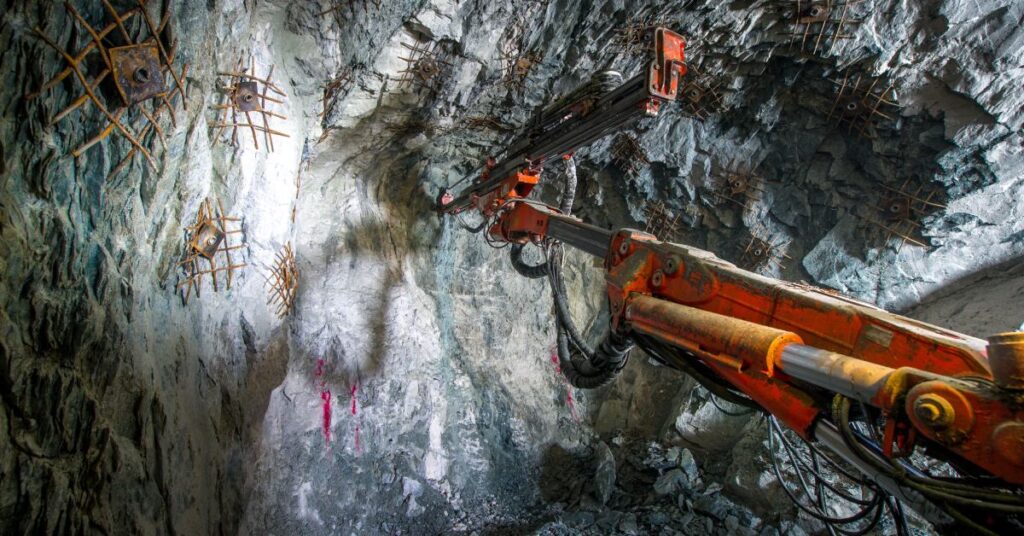Did you know that heavy equipment brakes are essential in ensuring the safety and functionality? While the wet disc brakes may seem like a simple part, they are more complex than many give them credit for. These brakes play an incredibly important role in off-highway mining vehicles, but how do they work? Here are four facts you didn’t know about heavy equipment brakes.
First Invented in the 20th Century
Heavy equipment wet disc brakes have been around for over 100 years! Louis Renault invented them in 1902, and they have since undergone many advancements. Initially, many were skeptical about the innovation. However, people grew to accept them more as the need for more efficient braking systems became evident due to our evolving machinery. Over the decades, other engineers have continuously improved the design and functionality of these brakes, making them an integral part of modern heavy equipment operations.
Oil for Cooling and Lubricating
Unlike traditional dry disc brakes, wet ones use oil to reduce friction and heat build-up. Oil increases the brake components’ longevity, ensuring smoother operation. The oil circulates within the brake system, absorbing and dissipating heat generated during braking. This process prevents the brakes from overheating, which can lead to brake failure. Additionally, the oil acts as a lubricant, significantly reducing wear on the brakes and extending the life of these components.
Better Stopping Power
Heavy equipment brakes have a much higher braking coefficient than traditional dry disc brakes, partly because of the oil. These wet disc brakes can stop heavy equipment faster and with greater efficiency. In high-stakes environments, such as construction sites or mining operations, this efficiency is crucial for preventing accidents and ensuring the safety of the operators and surrounding workers. The boost in stopping power also allows for more precise heavy machinery control, even under challenging conditions.
Maintenance Is Essential
Another important fact to remember about these heavy equipment brakes is that regular maintenance is crucial. It’s important to regularly check the oil levels and replace them when necessary to avoid any potential malfunctions. Over time, dirt, debris, and other metal particles can contaminate the oil, significantly hampering the brake’s performance. Thankfully, a regularly scheduled maintenance routine of oil changes and inspections can preserve your brake quality and help you spot and address issues before they spiral out of control. Proper maintenance ensures that the brakes remain reliable and effective.
We hope you’ve developed your understanding and appreciation of the important role these facts you didn’t know about heavy equipment brakes play in keeping your off-highway mining equipment running optimally.
Bull Powertrain has high-quality AUSCO products, including both wet and dry brakes, so be sure to work with us when you want your mining operation to be more efficient and safer. We mostly sell AUSCO brakes and products for driveline brakes (secondary brakes) to mine sites, so if you’re searching for these brakes, let Bull Powertrain help you. Safety should always be your top priority, but if you want both safety and efficiency, then you should invest in the right brakes from the experts here at Bull Powertrain!

